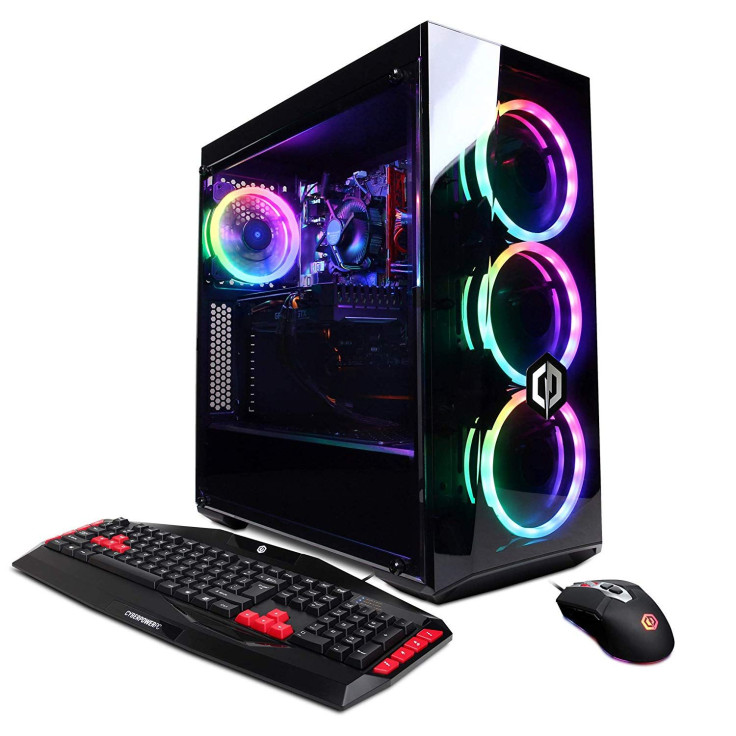Depending on your approach to the task, building your first gaming PC can be frustrating or fun. You may experience difficulties selecting the right components for the desired performance if you are limited by a tight budget. Or it might be confusing what specs to target with your gaming PC if you are a tech novice.
You may need countless hours of research to best match various parts before you can start building your gaming machine. There is a fine line when it comes to balance between future-proof tech, performance, and budget. We’ll help you in your task by offering some useful tips.
Gaming performance needs and budget
You should decide first what games you want to play. This will help you plan a budget for building your gaming PC. In order to get an idea on how various games are performing on different GPUs and PC configurations you can check the FPS section of UserBenchmark. Once you decide on the PC components you’ll need, you might want to look at PC Part Picker to check a price comparison.
Select the best CPU
PC processors come with slight variances for any specific model, due to variables in the manufacturing process. Some slightly superior CPUs can better overclock for your gaming performance needs. If you want to avoid any negative surprises, you should buy your processor from a trusted company such as Silicon Lottery that tests the CPU and guarantees the overclock speed.
Pay attention to the PSU
It’s not recommended to save money when it comes to choose the power supply unit (PSU). A cheap PSU might not provide enough stability for your overclock fine tuning.
Choose the coolest case
A cheap, basic PC case may not provide enough options for cable management or enough space for your high-end gaming components inside. You’ll need to select a good PC case with superior design in terms of airflow, vent and fan placement. For any gaming PC’s overclocked hardware, cooling is a vital issue.
Install useful software tools
When it comes to your gaming PC, don’t forget to also install the most useful software. CPU-Z or HwiNFO are great free utilities for monitoring potential hardware issues and components’ performance. An equally useful software is Prime95, a tool that helps you to stress test your overclocked processor. And when it comes to GPU overclocking, MSI Afterburner is a software tool that helps you to fine-tune the fan speed of your graphics card.


















